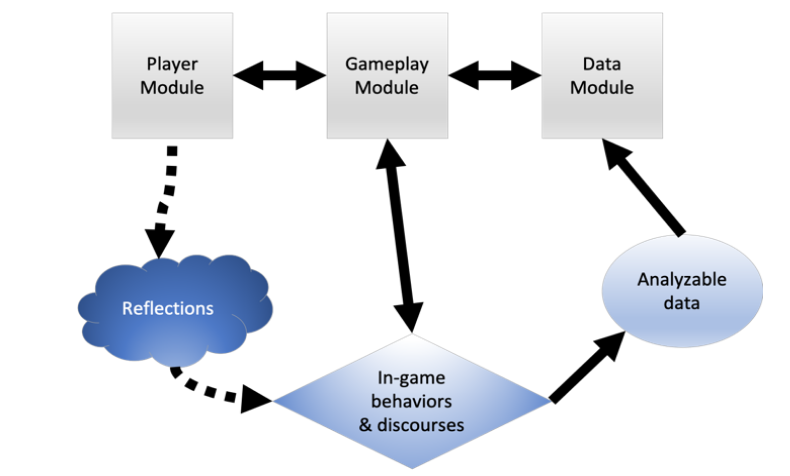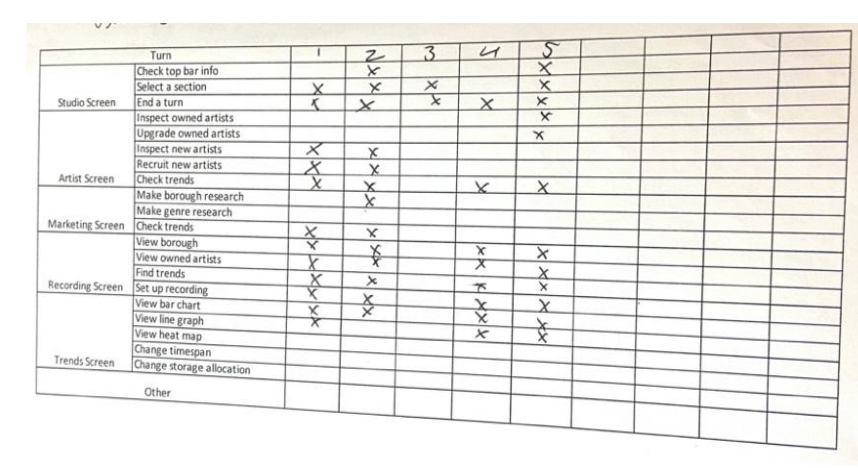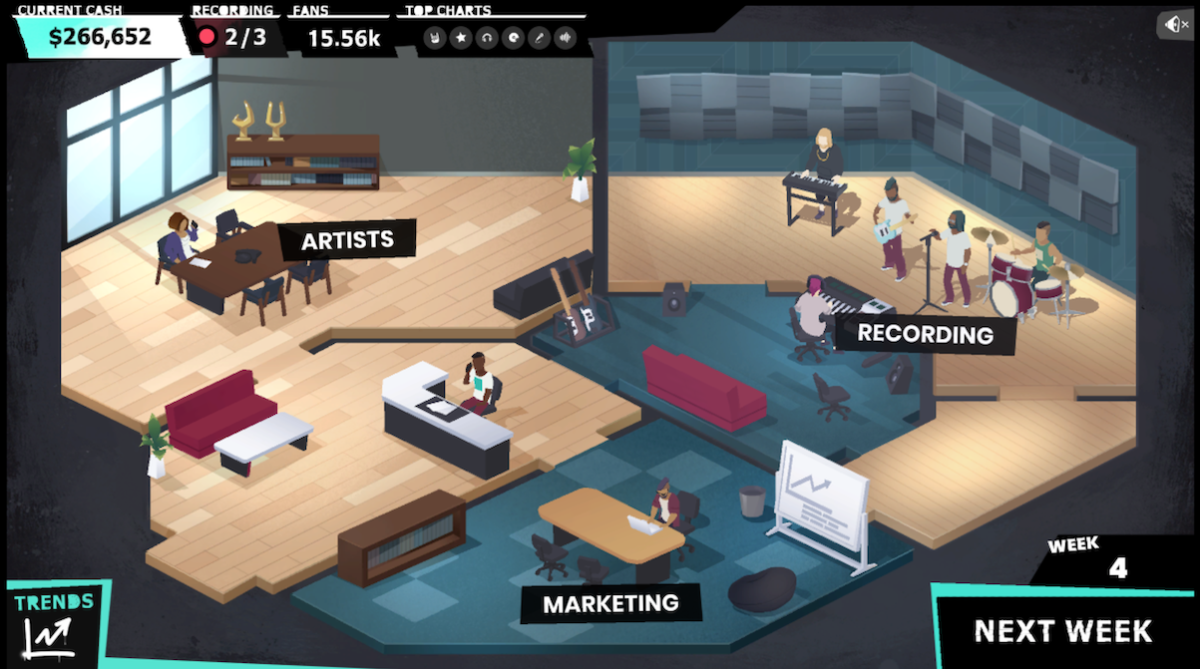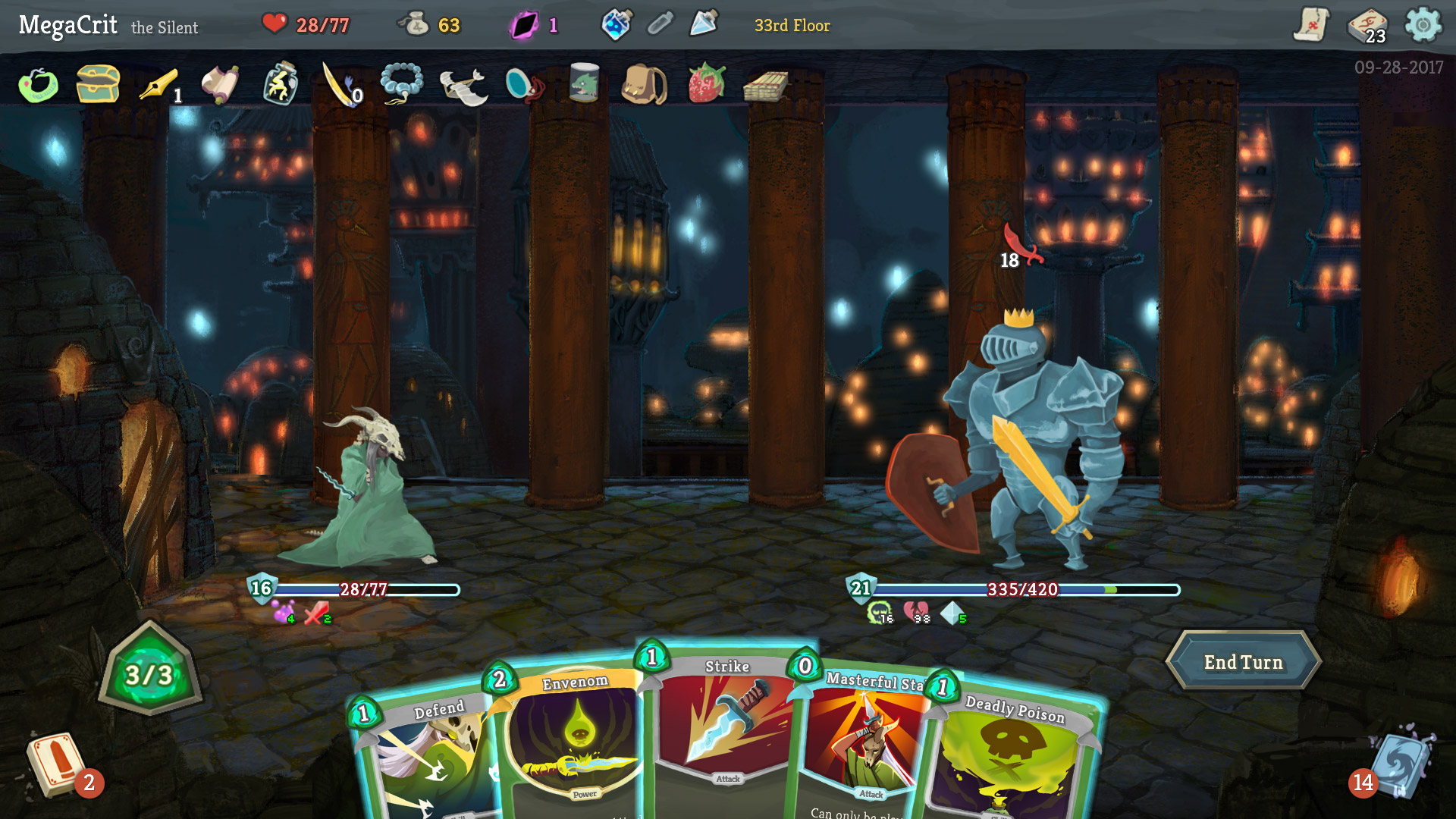Self-reflection in Games
My pre-dissertation project at UW–Madison
As a gamer and learning science researcher, I am particularly interested in how people learn in video games, specifically how people reflect on their in-game behaviors and adjust strategies. I designed a study to enable people to “think aloud” and use a structured reflection sheet to reveal their reflection processes while playing games.


I used two games in this study. The first game was called Beats Empire (https://play.beatsempire.org/) that was an educational game for middle schoolers’ data literacy learning, and the second game was Slay the Spire (https://www.megacrit.com/) that was a popular turn-based card game. Both games were turn-based, which allowed players ample time to reflect, and required extensive strategizing and decision-making based on previous actions.


The research findings from this project have been presented in various conferences, including 2019 Inaugural Symposium on Computer Science and Learning Sciences (Zhao & Pellicone, 2019), ICQE 2019 (Zhao et al., 2019), AERA 2021 (Zhao & Berland, 2021), and AERA 2023 (Zhao, 2023).
References
2023
- Exploring structured self-reflection and expertise in a playful learning experienceIn Proceedings of the 2023 AERA Annual Meeting, 2023
2021
- Exploring self-reflection in a playful learning experienceIn Proceedings of the 2021 AERA Annual Meeting, 2021
2019
- Proposing a rubric-based in-game self-reflection modelIn 2019 Inaugural Symposium on Computer Science and Learning Sciences, 2019
- Epistemic networks in playful assessmentIn International Conference on Quantitative Ethnography, 2019